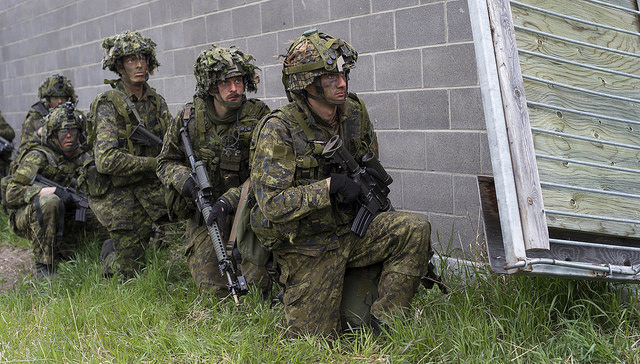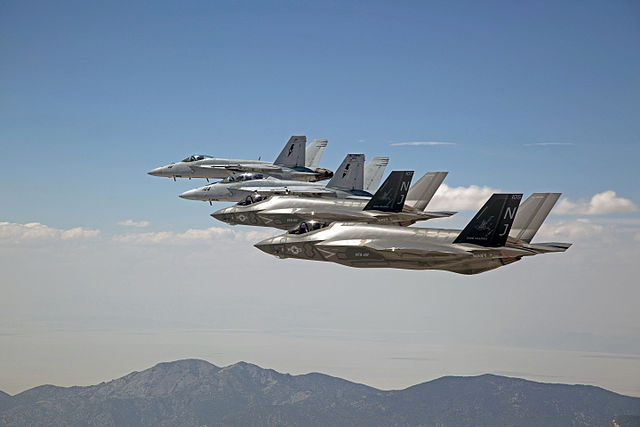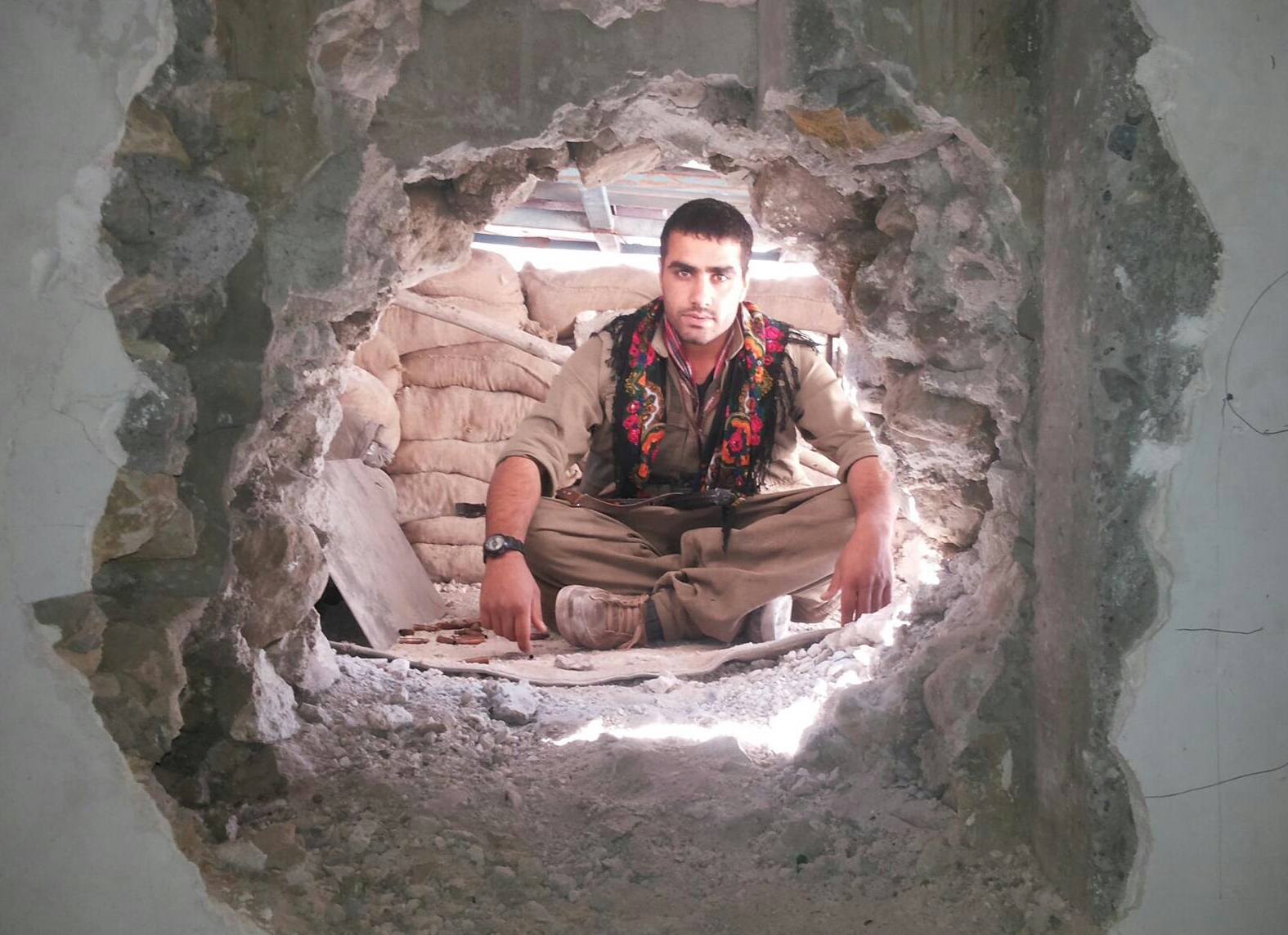The Royal Canadian Navy (RCN), beyond its important role securing the country’s coasts and waterways, is proving to be a valuable tool in exerting Canadian leadership in the Americas. On June 12-17, the RCN will host in Halifax, Nova Scotia, the latest edition of the Inter-American Naval Conference (INAC). This is a biennial gathering of naval personnel from 17 countries: Argentina, Bolivia, Brazil, Canada, Chile, Colombia, Ecuador, Guatemala, Honduras, Mexico, Nicaragua, Panama, Paraguay, Peru, Dominican Republic, Uruguay, and the United States. Much of the agenda at the 2016 edition will reportedly relate to counter-narcotics operations, as multilateral efforts in the Caribbean Sea have led to the successful capture of significant shipments of cocaine and marijuana.
The RCN is also a major contributor to Operation Caribbe, a multilateral effort to combat organized crime and narcotics trafficking in the Caribbean Sea and the coastal areas of Central America that has entered its tenth year. In 2013 alone, Canadian vessels participating in this operation prevented 5,080 kilograms of cocaine from traveling north to the United States and Canada. To supplement this commitment to Operation Caribbe, the RCN has consistently participated in Exercise Unitas, an annual multinational naval exercise along the Central American coast. In 2013, for example, three vessels were deployed to take part: the destroyer HMCS Iroquois, the Halifax-class frigate HMCS Ville de Quebec, and the supply ship HMCS Preserver. Canada’s contribution to Unitas, the largest annual naval exercise in the Southern Hemisphere, is held in such high regard that HMCS Iroquois was designated the flagship of the multinational fleet for the duration of the joint training in 2013.
Canada may soon be called upon to provide another form of maritime diplomacy. Following the rise to power in Cuba of Fidel Castro and the Communist Party in 1959, Cuba was increasingly excluded from Inter-American bodies, such as the 1962 suspension of its membership in the Organization of American States (OAS), a forum for discussion and joint action on social and economic issues among 35 countries. The recent thaw in US-Cuba relations has seen Cuba invited to rejoin the OAS in 2009, the US lifting its travel ban in 2010, and the re-establishment of diplomatic relations in 2014. The prospect for Cuba’s re-integration into the Americas will necessitate military cooperation between Cuba, the US, and other regional partners to secure the corresponding increase in maritime traffic. After all, Cuba remains just over 200 kilometres from the Florida coast.
The RCN could serve as a useful bridge between the United States Navy (USN) and its Cuban counterpart. Canada has had an Embassy in Havana since 1945 and was one of only two countries in the Western Hemisphere, the other being Mexico, to maintain diplomatic relations even following the 1962 Cuban missile crisis. This is not to say that Canada has always broken ranks with the US on issues related to Cuba. During the aforementioned crisis, the RCN reportedly assisted the USN in anti-submarine warfare and surveillance as US President John F. Kennedy ordered the island nation blockaded. But it is certainly clear that RCN officers and sailors would experience less friction with Cuban crews as discussions begin on best practices in intercepting traffickers of narcotics, arms, and people.
Photo: HMCS Athabaskan (2011), by Darren Puttock via Flickr. Licensed under CC BY-NC-ND 2.0.
Disclaimer: Any views or opinions expressed in articles are solely those of the authors and do not necessarily represent the views of the NATO Association of Canada.




